
Šiauliai: The Sun City of Lithuania
Šiauliai, often called the 'Sun City,' is a vibrant and historic destination in northern Lithuania. Known for its rich history and cultural heritage, the city offers a variety of attractions for tourists. The city's most famous landmark is the Hill of Crosses, a unique pilgrimage site with thousands of crosses and religious symbols. This site is a testament to the resilience and faith of the Lithuanian people and provides a serene and contemplative atmosphere for visitors. In addition to the Hill of Crosses, Šiauliai boasts a number of other cultural and historical sites. The Šiauliai Cathedral, with its stunning architecture, and the Aušros Museum, which showcases the history and culture of the region, are must-visit locations. The city is also home to a vibrant arts scene, with numerous galleries and theaters offering a variety of performances and exhibitions. For those who enjoy outdoor activities, Šiauliai offers several parks and recreational areas. The Rėkyva Lake, one of the largest lakes in Lithuania, is perfect for swimming, fishing, and boating. The city's parks, such as the Sundial Square and the Talkša Park, provide beautiful green spaces for relaxation and leisure. Whether you're interested in history, culture, or outdoor activities, Šiauliai has something for everyone. Its welcoming atmosphere and diverse attractions make it an ideal destination for tourists seeking to explore the heart of Lithuania.
Local tips in Šiauliai
- Visit the Hill of Crosses early in the morning or late in the evening to avoid crowds and enjoy a more peaceful experience.
- Explore the local markets to find traditional Lithuanian crafts and souvenirs.
- Rent a bike to explore the city and its surroundings at your own pace.
- Try traditional Lithuanian dishes at local restaurants for an authentic culinary experience.
- Check the local event calendar for festivals and cultural events happening during your visit.
Šiauliai: The Sun City of Lithuania
Šiauliai, often called the 'Sun City,' is a vibrant and historic destination in northern Lithuania. Known for its rich history and cultural heritage, the city offers a variety of attractions for tourists. The city's most famous landmark is the Hill of Crosses, a unique pilgrimage site with thousands of crosses and religious symbols. This site is a testament to the resilience and faith of the Lithuanian people and provides a serene and contemplative atmosphere for visitors. In addition to the Hill of Crosses, Šiauliai boasts a number of other cultural and historical sites. The Šiauliai Cathedral, with its stunning architecture, and the Aušros Museum, which showcases the history and culture of the region, are must-visit locations. The city is also home to a vibrant arts scene, with numerous galleries and theaters offering a variety of performances and exhibitions. For those who enjoy outdoor activities, Šiauliai offers several parks and recreational areas. The Rėkyva Lake, one of the largest lakes in Lithuania, is perfect for swimming, fishing, and boating. The city's parks, such as the Sundial Square and the Talkša Park, provide beautiful green spaces for relaxation and leisure. Whether you're interested in history, culture, or outdoor activities, Šiauliai has something for everyone. Its welcoming atmosphere and diverse attractions make it an ideal destination for tourists seeking to explore the heart of Lithuania.
When is the best time to go to Šiauliai?
Iconic landmarks you can’t miss
Hill of Crosses
Discover the profound spirituality and historical significance of the Hill of Crosses, a breathtaking pilgrimage site in Lithuania filled with hope and remembrance.
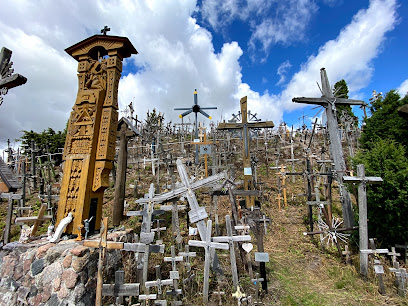
Iron Fox
Explore the breathtaking Iron Fox sculpture in Šiauliai, Lithuania—an iconic symbol of local folklore and artistic heritage.
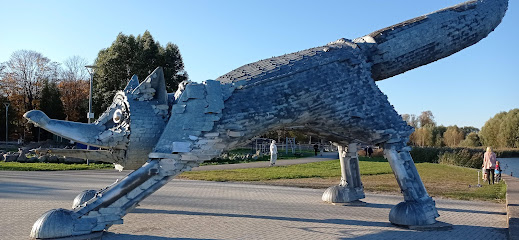
Hill of Crosses Information Centre
Discover the profound history and cultural significance of the Hill of Crosses at the Information Centre in Šiauliai, Lithuania.
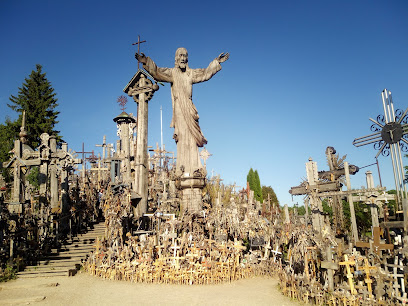
Chaim Frenkel villa
Explore the Chaim Frenkel Villa, a captivating museum in Šiauliai showcasing the rich cultural heritage of Lithuania's Jewish community.
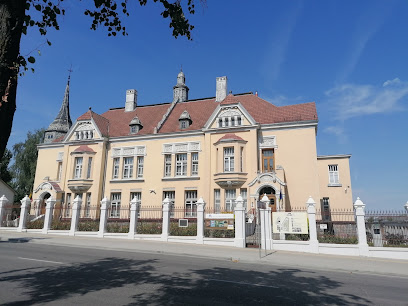
Grill London
Savor the best grilled delights in Šiauliai at Grill London, where flavorful dishes and a welcoming atmosphere await every guest.
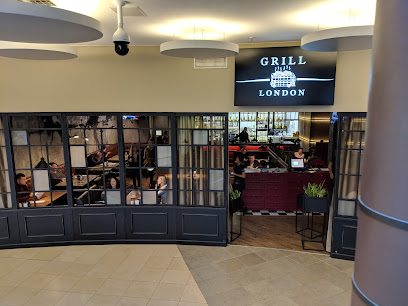
Sundial Square
Discover Sundial Square, a tranquil escape in Šiauliai, featuring a stunning sundial, beautiful lake views, and a vibrant local atmosphere.
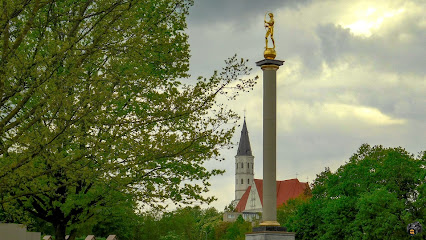
Šiauliai Cathedral
Discover the stunning Šiauliai Cathedral, a historical and architectural gem in Lithuania, offering a glimpse into the nation's rich spiritual heritage.
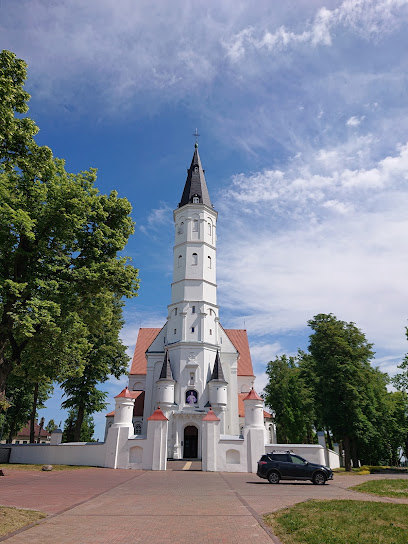
Beržynėlio Parkas
Explore the serene landscapes of Beržynėlio Parkas in Šiauliai, a perfect blend of nature and tranquility for every traveler.
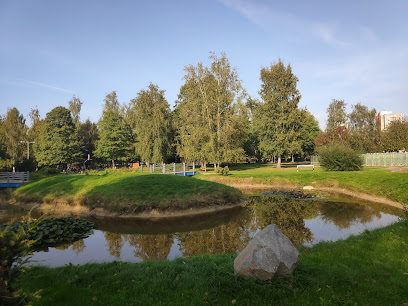
Bulvaras
Experience the vibrant culture and charm of Šiauliai at Bulvaras, where history meets modernity in Lithuania's heart.
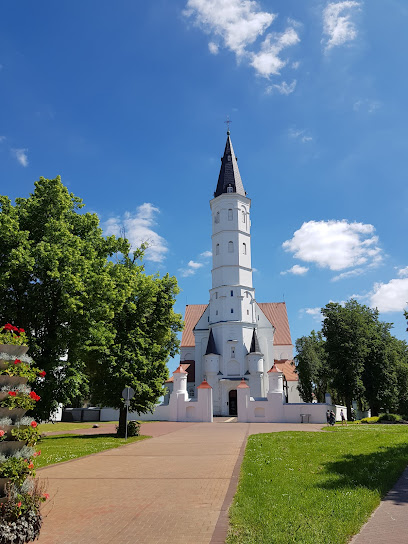
Cat Museum
Discover the enchanting Cat Museum in Šiauliai, where feline history and art come together to create a purr-fectly delightful experience.
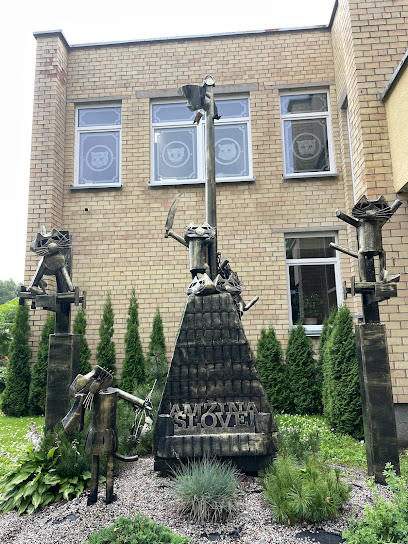
Siauliai
Discover the vibrant city of Siauliai, a cultural crossroads and the heart of Lithuania, famed for its historic landmarks and rich traditions.
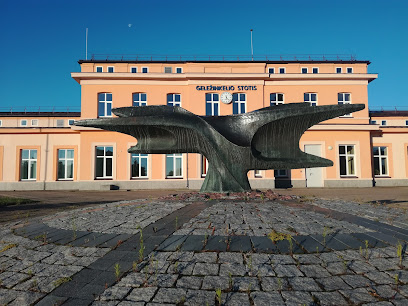
Kišenė
Experience the vibrant nightlife of Šiauliai at Kišenė, a cozy bar offering a delightful selection of drinks and a welcoming atmosphere for all.
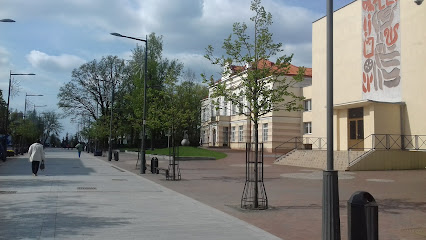
Museum of Photography
Explore the fascinating evolution of photography at Šiauliai's Museum of Photography, where art meets history in a captivating setting.
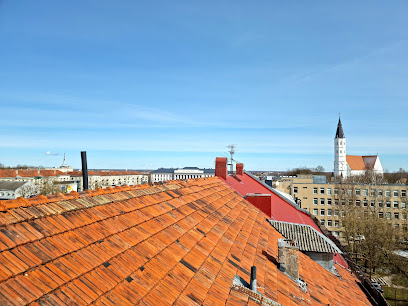
Siauliu turizmo informacijos centras
Explore Šiauliai's treasures with expert guidance at the Tourist Information Center, your gateway to local culture and attractions.
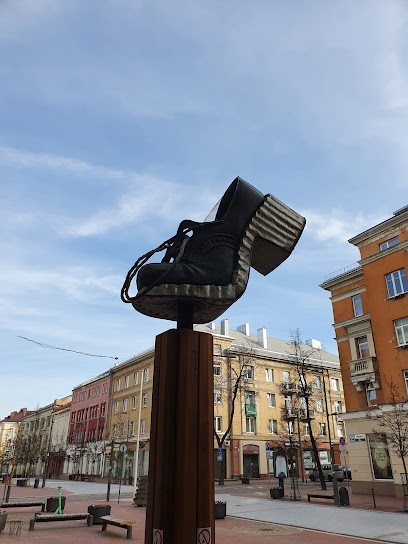
Saigon Kava
Discover the authentic flavors of Vietnam at Saigon Kava in Šiauliai, where vibrant dishes and a cozy atmosphere await every visitor.
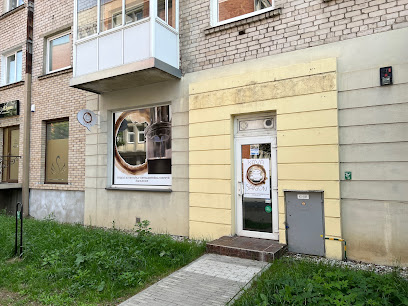
Unmissable attractions to see
Hill of Crosses
Experience the profound beauty of the Hill of Crosses in Lithuania, a UNESCO World Heritage site symbolizing faith, hope, and resilience.
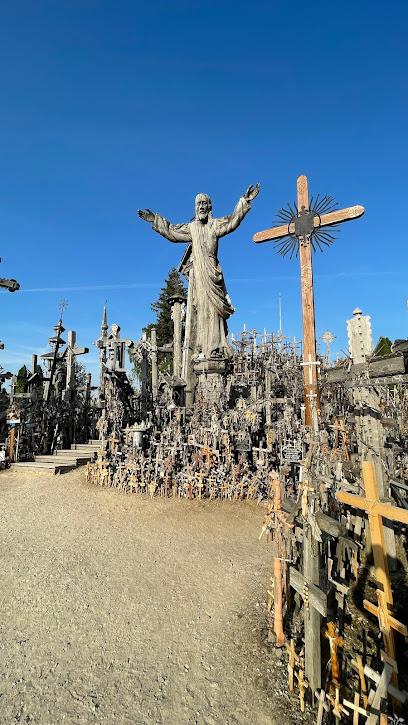
Iron Fox
Explore the Iron Fox in Šiauliai, a stunning sculpture that embodies the city’s rich culture and artistic spirit, perfect for tourists seeking unique experiences.
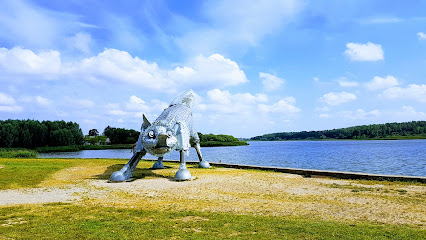
Chaim Frenkel villa
Explore the enchanting Chaim Frenkel Villa in Šiauliai, a historical gem combining stunning architecture with rich cultural exhibits.
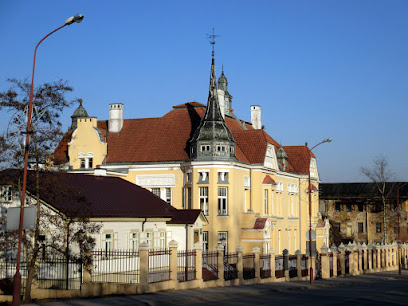
Sundial Square
Discover Sundial Square in Šiauliai, where nature meets history in a beautiful urban park perfect for relaxation and cultural experiences.
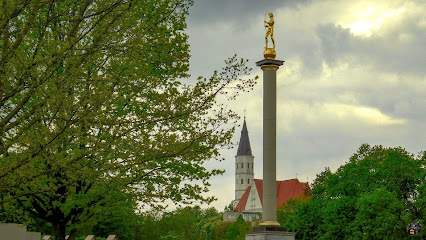
Šiauliai Cathedral
Discover the beauty and history of Šiauliai Cathedral, a stunning architectural gem and spiritual sanctuary in Lithuania's vibrant city.
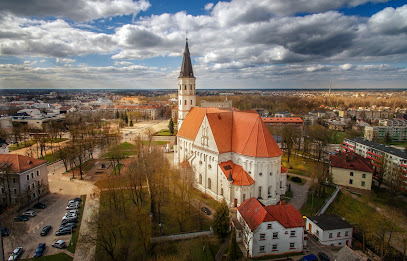
Beržynėlio Parkas
Explore the lush landscapes of Beržynėlio Parkas, a serene escape in Šiauliai perfect for relaxation, picnics, and family outings.
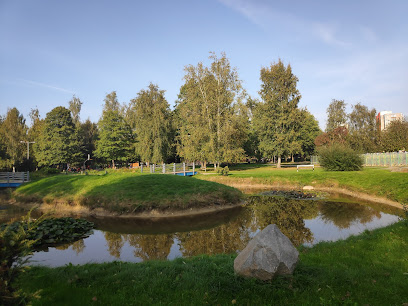
“Rūtos” šokolado muziejus
Explore the world of chocolate at the ‘Rūtos’ Chocolate Museum in Šiauliai - a sweet adventure awaits!
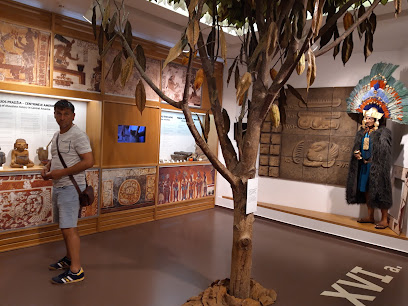
Bulvaras
Experience the artistic allure of Bulvaras, Šiauliai's vibrant boulevard filled with captivating sculptures and a lively cultural atmosphere.
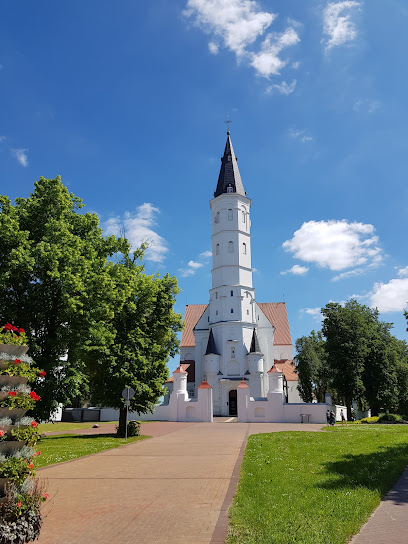
Salduvės mound
Explore Salduvės Mound, an ancient archaeological site in Šiauliai, offering breathtaking views and a deep connection to Lithuania's rich history.
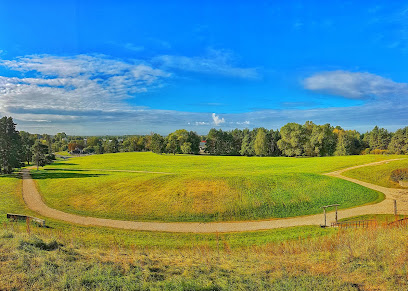
Botanical Garden
Explore the enchanting Šiauliai Botanical Garden, a vibrant oasis of diverse flora and peaceful landscapes in the heart of Lithuania.
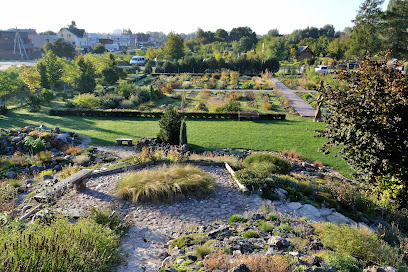
Prisikėlimo aikštė
Explore the beauty and tranquility of Prisikėlimo Aikštė, Šiauliai's beloved urban park, perfect for relaxation and local cultural events.
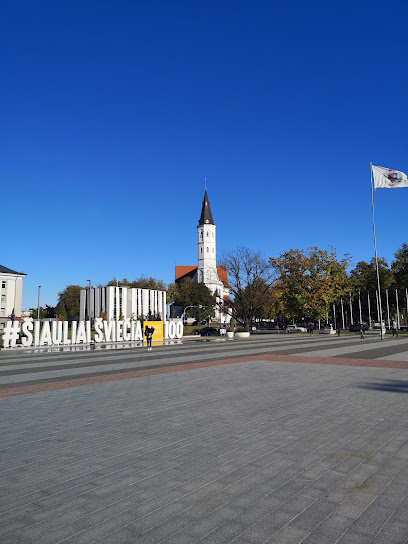
Bicycle Museum of Šiauliai
Explore the Bicycle Museum of Šiauliai: a unique journey through the rich history and evolution of cycling in Lithuania with fascinating exhibits and stories.
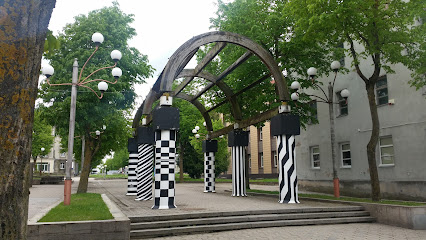
Cat Museum
Discover the whimsical Cat Museum in Šiauliai, where art and feline fascination come together in a delightful celebration of our furry friends.
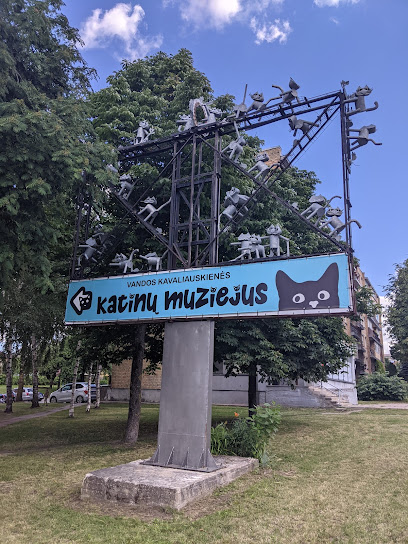
Tytuvėnai St. Mary Queen of Angels Church
Explore the stunning St. Mary Queen of Angels Church in Tytuvėnai, a serene destination blending Baroque architecture and spiritual tranquility.

Museum of Photography
Uncover the rich history and art of photography at the Museum of Photography in Šiauliai, a unique cultural gem in Lithuania.
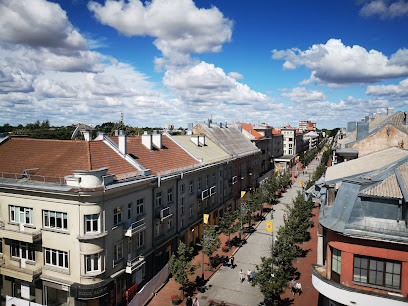
Essential places to dine
CASK 215
Discover the flavors of Lithuania at CASK 215 - Šiauliai's top gastropub featuring local cuisine in a cozy atmosphere.
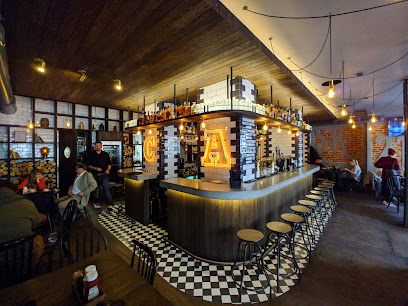
Grill London
Discover the exquisite flavors of expertly grilled dishes at Grill London in Šiauliai - where culinary excellence meets welcoming ambiance.
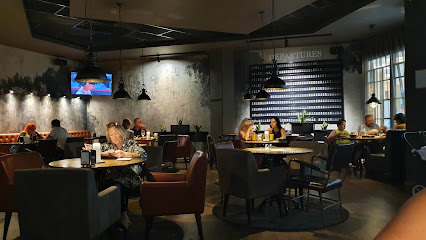
S Baras RESTORANAS
Experience authentic Lithuanian flavors and vibrant nightlife at S Baras RESTORANAS in Šiauliai – your ultimate dining destination!
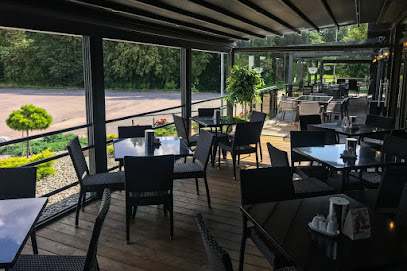
Žemaitis Restoranas
Discover the essence of Lithuanian cuisine at Žemaitis Restoranas in Šiauliai, where tradition meets taste in every delightful dish.
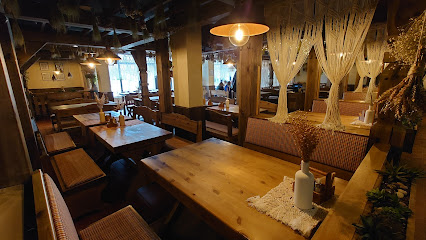
Leja
Discover the flavors of Lithuania at Leja in Šiauliai – where tradition meets modern dining in a cozy atmosphere.
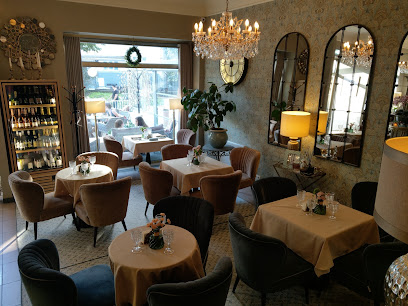
Juone pastuoge, muzikinis klubas - Smukle, Jonyne
Discover authentic Lithuanian cuisine and vibrant live music at Juone Pastuoge in Šiauliai - a must-visit destination for food lovers.
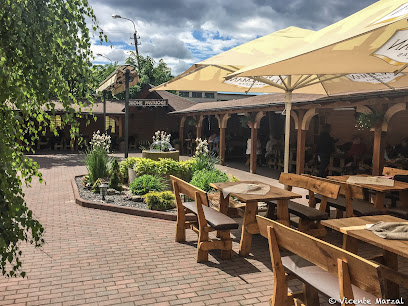
Gustukas pizzeria
Discover the flavors of Italy at Gustukas Pizzeria in Šiauliai - where every slice tells a story.
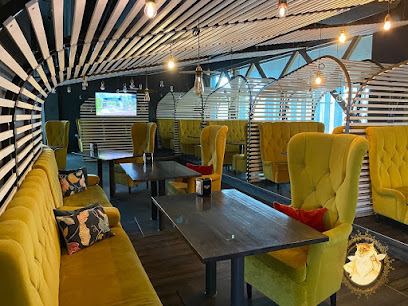
Kapitonas Morganas
Experience authentic Lithuanian cuisine at Kapitonas Morganas in Šiauliai - where tradition meets modern culinary artistry.
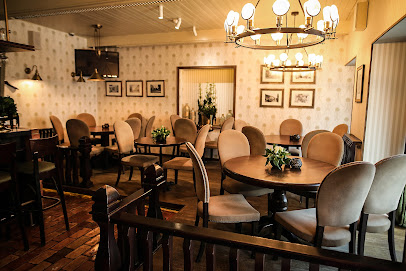
Senasis sodzius
Savor the flavors of Lithuania at Senasis sodzius – your go-to spot for authentic and affordable local cuisine in Šiauliai.
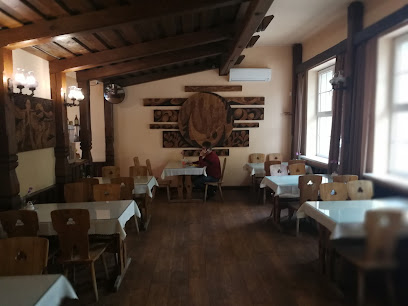
Arkos
Discover Arkos in Šiauliai: where traditional Lithuanian flavors meet modern culinary artistry in a cozy atmosphere.
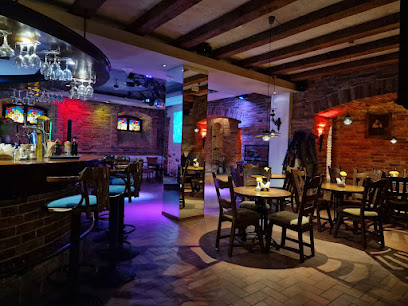
Charlie Pizza
Discover the best pizza in Šiauliai at Charlie Pizza, where authentic flavors meet local charm in a cozy setting.
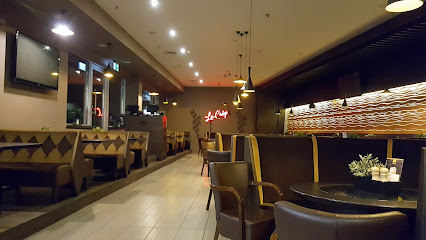
Black Bar
Experience the vibrant culinary scene at Black Bar in Šiauliai – where local flavors meet international flair in a cozy atmosphere.
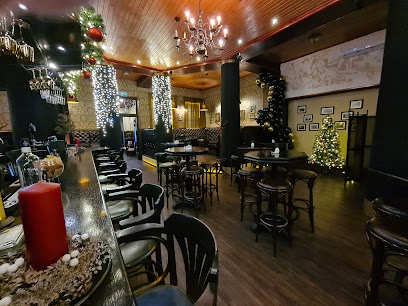
Salomėja
Experience authentic Lithuanian flavors at Salomėja, Šiauliai's inviting buffet restaurant with fresh local ingredients and affordable prices.
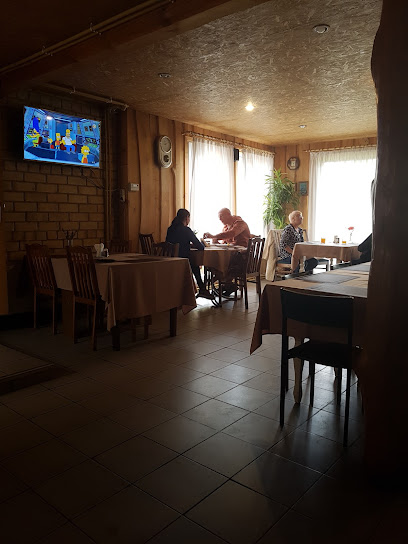
BOHO
Discover BOHO: A culinary gem in Šiauliai offering exquisite Western cuisine in a cozy atmosphere perfect for tourists.
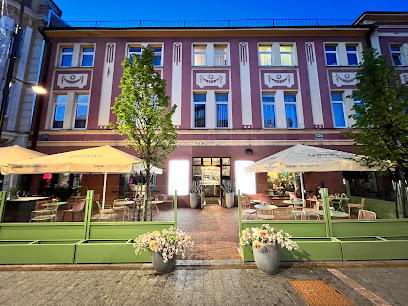
Ararat
Experience authentic Armenian cuisine at Ararat in Šiauliai—where tradition meets taste in every dish.
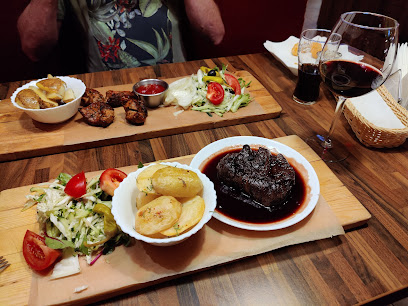
Markets, malls and hidden boutiques
Saulės Miestas
Experience the best of shopping and entertainment at Saulės Miestas, Šiauliai's premier shopping destination with something for everyone.
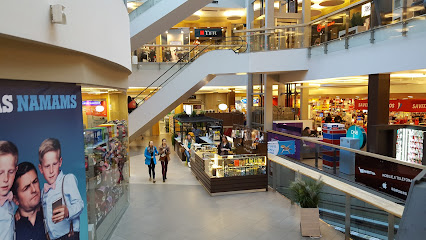
Bruklinas
Explore Bruklinas, Šiauliai's premier shopping mall, for a blend of retail, dining, and entertainment experiences.
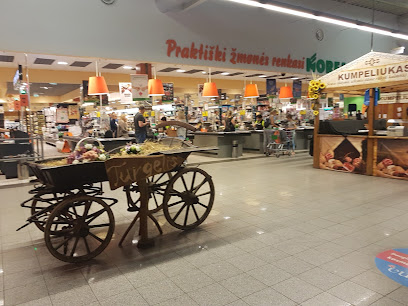
KLIPshop.lt
Explore KLIPshop.lt for a delightful shopping experience filled with beauty products, unique gifts, and local treasures in Lithuania.
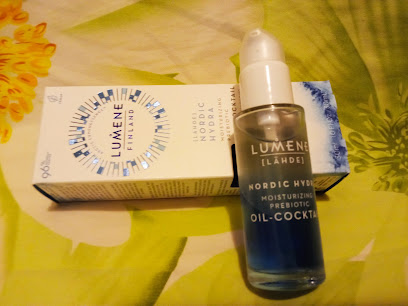
“Rūtos” šokolado muziejus
Discover the delicious world of chocolate at Rūtos Chocolate Museum in Šiauliai, where history meets indulgence in every bite.
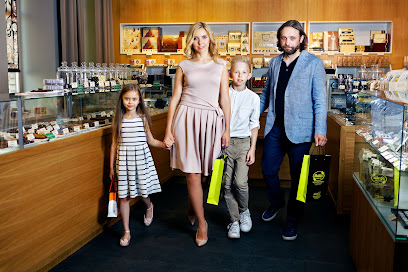
IKI EXPRESS - ŠIAULIAI
Experience the essence of Šiauliai through fresh produce and local specialties at IKI EXPRESS - your go-to grocery store in Lithuania.
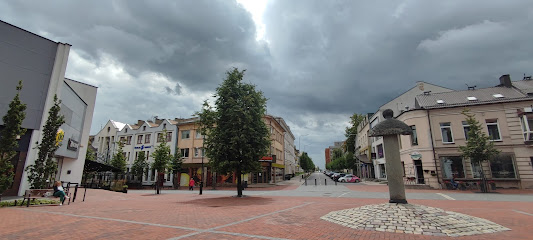
Audiniai, parduotuve, Verduliai
Explore Audiniai in Šiauliai for unique fabrics and home goods that capture the essence of Lithuanian style and creativity.
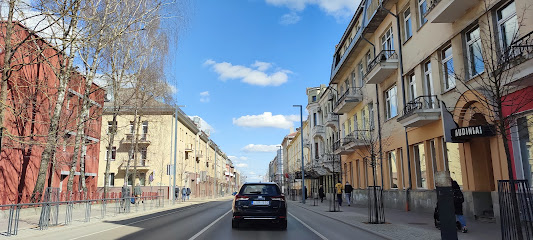
Garsas LT
Discover a musical haven in Šiauliai at Garsas LT, where vibrant event technology services meet an inspiring music store atmosphere.
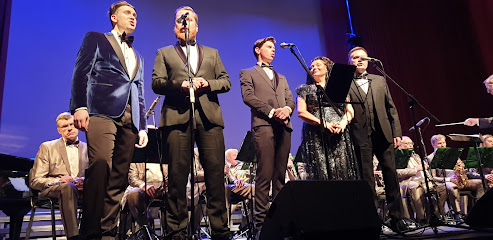
Kubas
Explore local flavors and authentic Lithuanian cuisine at Kubas Grocery Store in the heart of Šiauliai, a must-visit for every traveler.
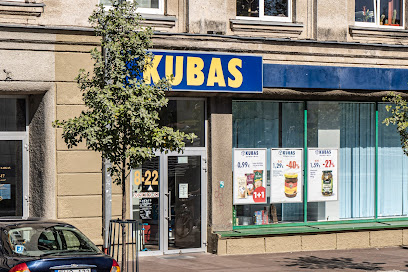
Kolje, parduotuve
Explore Kolje Jewelry Store in Šiauliai for exquisite handcrafted jewelry pieces reflecting local artistry and culture.
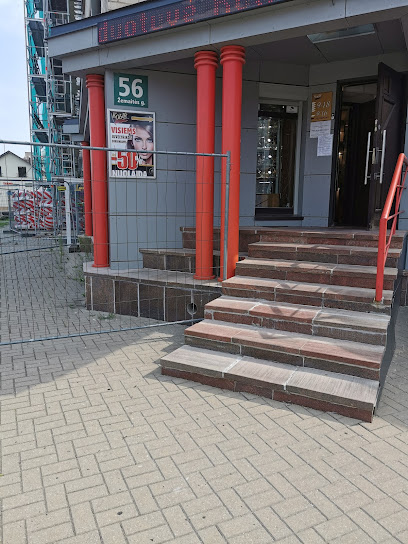
Menoja
Explore Menoja in Šiauliai, Lithuania—experience the beauty of pottery, engaging workshops, and a family-friendly artistic atmosphere.
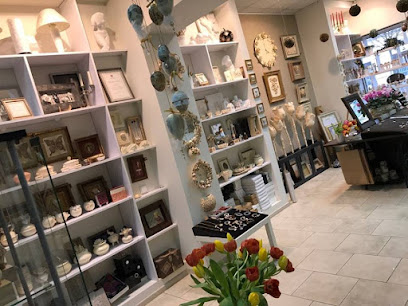
Desertų dirbtuvės
Experience the essence of Lithuanian coffee culture at Desertų dirbtuvės, a cozy café in Šiauliai offering specialty brews and a welcoming atmosphere.
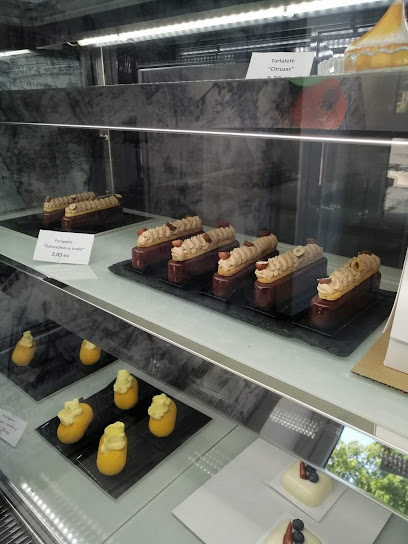
wãpsva
Discover the charm of Wãpsva in Šiauliai, where unique gifts and stylish boutique clothing meet local craftsmanship and design.
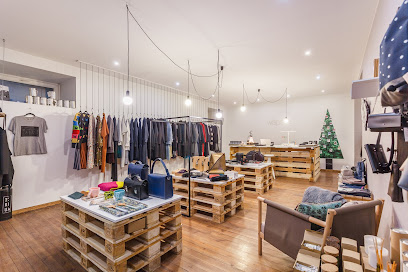
SANTIMAS, TŪB
Discover the exquisite craftsmanship of Santimas, TŪB, a premier jewelry store in Šiauliai, offering unique pieces and equipment for every jewelry lover.
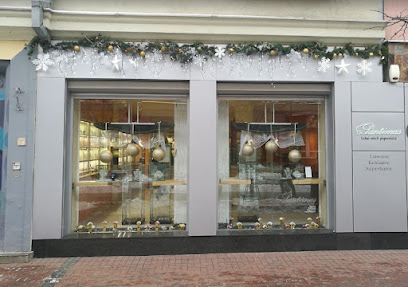
Auksinis berniukas, parduotuve, Kolje, A. Vaidziulio imone
Discover unique and stylish accessories at Auksinis Berniukas, the premier fashion store in Šiauliai, Lithuania, perfect for every trendy traveler.
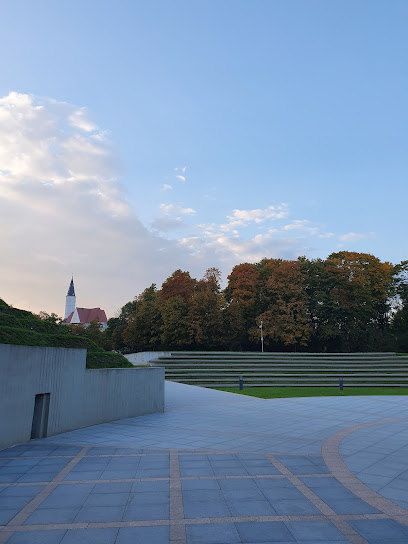
Karališka Juvelyrika
Explore the elegance of Karališka Juvelyrika, Lithuania's premier jewelry destination, offering exquisite craftsmanship and unique designs for every occasion.
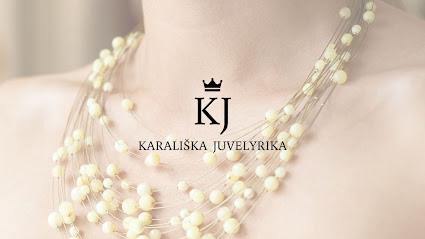
Essential bars & hidden hideouts
CASK 215
Experience the vibrant flavors and cozy atmosphere at CASK 215, Šiauliai's top gastropub for craft beer and delicious cuisine.
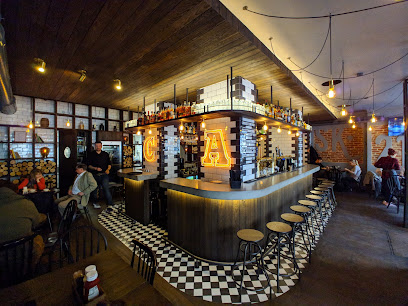
ROCK 'N' ROLL PUB Šiauliai
Discover the vibrant nightlife and rock music scene at ROCK 'N' ROLL PUB in Šiauliai, where great food and live entertainment await.
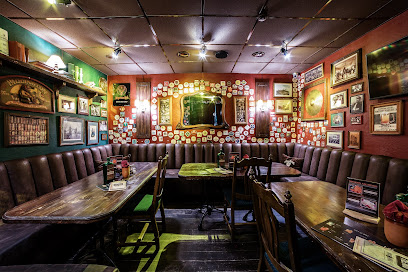
Black Bar
Savor the authentic tastes of Lithuania and international cuisine at Black Bar, a top dining destination in the heart of Šiauliai.
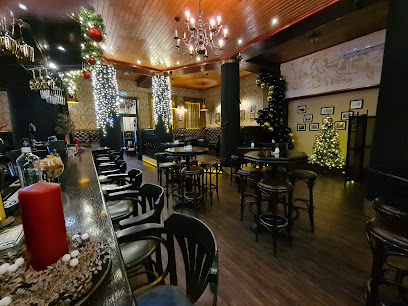
Baras Pegasas
Experience the vibrant nightlife at Baras Pegasas, Šiauliai's premier bar and nightclub, where music, drinks, and fun come together.
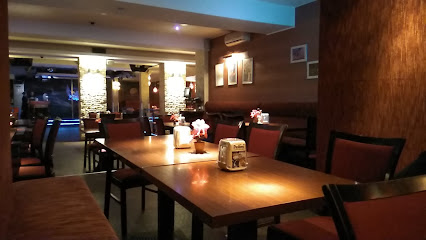
Bottoms up baras
Enjoy a vibrant nightlife experience at Bottoms Up Baras, Šiauliai's top cocktail bar, offering creative drinks and a lively atmosphere.
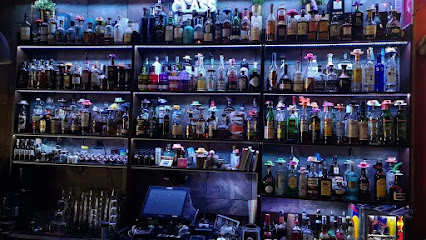
SPACE _bar
Experience the lively nightlife at SPACE _bar in Šiauliai, a trendy spot for cocktails, music, and unforgettable evenings.
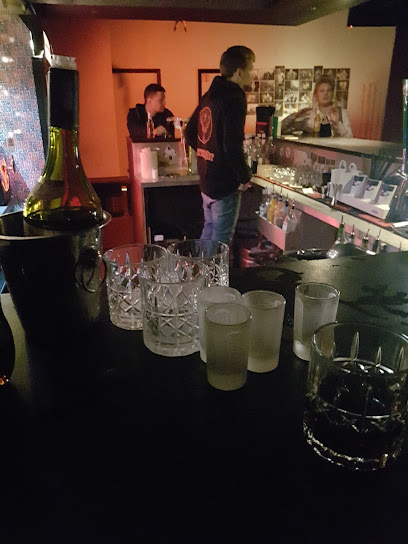
Kolekcionierius
Discover the vibrant atmosphere and extensive drink menu at Kolekcionierius, a must-visit bar in Šiauliai, Lithuania.
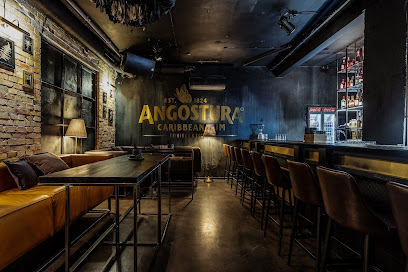
Mist Hookah Bar - Kaljanų baras - Кальян бар - Shisha - Shisha bar
Discover the lively Mist Hookah Bar in Šiauliai, where exceptional shisha flavors and a cozy atmosphere await you.
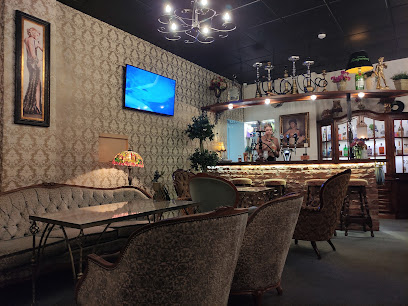
MOTYVAS
Discover the vibrant atmosphere of MOTYVAS, a top bar in Šiauliai for drinks, live music, and a taste of local nightlife.
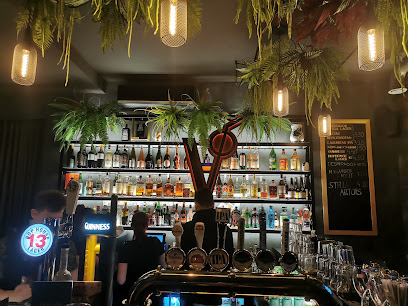
IQ zona
Experience the vibrant nightlife at IQ Zona, Šiauliai's favorite bar for drinks, events, and a lively atmosphere.
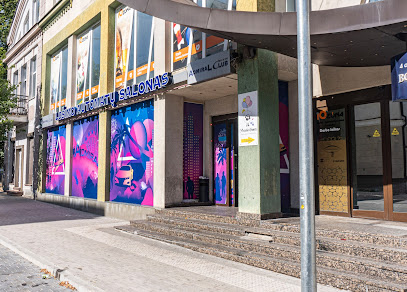
NERO | Kaljano Baras Šiauliai
Experience the vibrant nightlife of Šiauliai at NERO, the premier hookah and cocktail bar, perfect for relaxation and socializing.
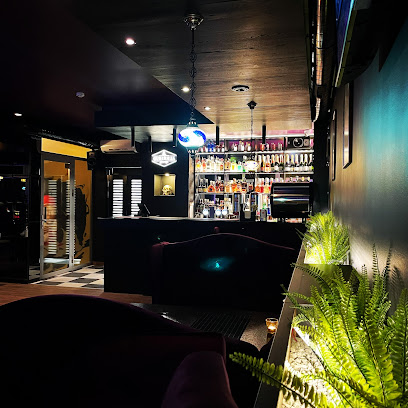
Šaulys, sporto baras
Experience the excitement of live sports in a vibrant atmosphere at Šaulys, Šiauliai's top sports bar, where great food and drinks meet unforgettable moments.
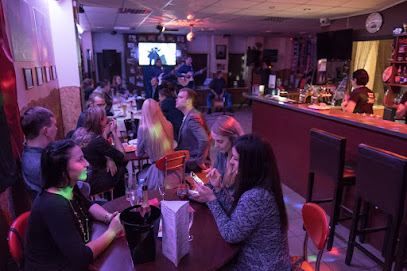
Bravo Bar
Experience the vibrant nightlife at Bravo Bar in Šiauliai, featuring a wide selection of drinks, live entertainment, and a welcoming atmosphere for all.
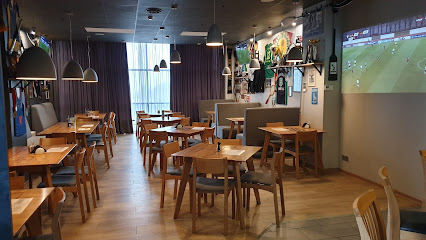
Rokunda
Experience the warmth of Šiauliai at Rokunda, a cozy bar offering local drinks and a vibrant atmosphere perfect for relaxation.
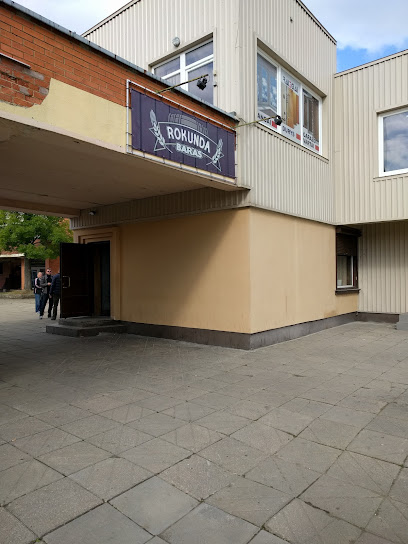
Local Phrases
-
- HelloLabas
[lah-bahs] - GoodbyeViso gero
[vee-soh geh-roh] - YesTaip
[taip] - NoNe
[neh] - Please/You're welcomePrašau
[prah-shau] - Thank youAčiū
[ah-choo] - Excuse me/SorryAtsiprašau
[aht-see-prah-shau] - How are you?Kaip gyveni?
[kaip gee-veh-nee] - Fine. And you?Gerai. O tu?
[geh-ry. oh too] - Do you speak English?Ar kalbate angliškai?
[ahr kahl-bah-teh ahng-leesh-kai] - I don't understandAš nesuprantu
[ahsh neh-soo-prahn-too]
- HelloLabas
-
- I'd like to see the menu, pleaseNorėčiau pamatyti meniu, prašau
[noh-reh-chiau pah-mah-tee-tee meh-nee-oo, prah-shau] - I don't eat meatAš nevalgau mėsos
[ahsh neh-vahl-gau meh-sohs] - Cheers!Į sveikatą!
[ee svee-kah-tah] - I would like to pay, pleaseNorėčiau sumokėti, prašau
[noh-reh-chiau soo-moh-keh-tee, prah-shau]
- I'd like to see the menu, pleaseNorėčiau pamatyti meniu, prašau
-
- Help!Pagalba!
[pah-gahl-bah] - Go away!Išeik!
[ee-sheik] - Call the Police!Paskambinkite policijai!
[pah-skahm-been-kee-teh poh-lee-tsee-yai] - Call a doctor!Paskambinkite gydytojui!
[pah-skahm-been-kee-teh gee-dih-toh-yoo-ee] - I'm lostAš pasiklydau
[ahsh pah-see-kloo-dah-oo] - I'm illAš sergu
[ahsh sehr-goo]
- Help!Pagalba!
-
- I'd like to buy...Norėčiau pirkti...
[noh-reh-chiau peerk-tee] - I'm just lookingAš tik žiūriu
[ahsh teek zhee-oo-ree-oo] - How much is it?Kiek tai kainuoja?
[kyek tahy kai-noo-yah] - That's too expensiveTai per brangu
[tai pehr brahn-goo] - Can you lower the price?Ar galite sumažinti kainą?
[ahr gah-lee-teh soo-mah-zin-tee kai-nah]
- I'd like to buy...Norėčiau pirkti...
-
- What time is it?Kiek valandų?
[kyek vah-lahn-doo] - It's one o'clockViena valanda
[vyeh-nah vah-lahn-dah] - Half past (10)Pusė (10)
[poo-seh] - MorningRytas
[ree-tahs] - AfternoonPopietė
[poh-pee-eh-teh] - EveningVakaras
[vah-kah-rahs] - YesterdayVakar
[vah-kahr] - TodayŠiandien
[shahn-dyehn] - TomorrowRytoj
[ree-toy] - 1Vienas
[vyeh-nahs] - 2Du
[doo] - 3Trys
[treese] - 4Keturi
[keh-too-ree] - 5Penki
[pehn-kee] - 6Šeši
[sheh-shee] - 7Septyni
[sehp-tee-nee] - 8Aštuoni
[ahs-too-oh-nee] - 9Devyni
[deh-vee-nee] - 10Dešimt
[deh-shimt]
- What time is it?Kiek valandų?
-
- Where's a/the...?Kur yra...?
[koor yra] - What's the address?Koks adresas?
[kohks ah-dreh-sahs] - Can you show me (on the map)?Ar galite man parodyti (žemėlapyje)?
[ahr gah-lee-teh mahn pah-roh-dih-tee zheh-meh-lah-pyi-ye] - When's the next (bus)?Kada bus kitas (autobusas)?
[kah-dah boos kee-tahs ow-toh-boo-sahs] - A ticket (to ....)Bilietas (į ....)
[bee-lee-eh-tahs ee]
- Where's a/the...?Kur yra...?
History of Šiauliai
-
Šiauliai, one of the oldest cities in Lithuania, is believed to have been established in the 13th century. It was first mentioned in written records in 1236, in connection with the Battle of Saule, where the Samogitians defeated the Livonian Brothers of the Sword. This victory had a significant impact on the region's history and is considered a pivotal moment in the defense against the Northern Crusades.
-
The Battle of Saule, fought on September 22, 1236, is one of the most important historical events connected to Šiauliai. This battle saw the Samogitians, along with their allies, crushing the Livonian Brothers of the Sword, a crusading military order. This victory halted the Northern Crusades' advance into Lithuanian territory and is commemorated in Lithuania and Latvia as the Day of Baltic Unity.
-
Throughout the medieval period, Šiauliai grew as a significant trade and craft center. The city's strategic location contributed to its development, fostering connections with various Hanseatic League cities. By the 16th century, Šiauliai had established itself as an important economic hub in the region.
-
The city faced numerous challenges between the 17th and 18th centuries, including devastating plagues and wars. The Great Northern War (1700-1721) and subsequent plagues significantly reduced the population and hindered economic progress. However, Šiauliai showed resilience and began to recover in the latter half of the 18th century.
-
The 19th century marked a period of industrialization for Šiauliai. The city became a major center for leather production, earning it the nickname 'Leather City.' Additionally, the arrival of the railway in 1871 further spurred economic growth, connecting Šiauliai to larger markets and facilitating the exchange of goods and ideas.
-
During World War I, Šiauliai was heavily damaged, with much of the city being destroyed. The interwar period saw significant reconstruction efforts. In 1919, Šiauliai played a crucial role in the Lithuanian Wars of Independence, and the city continued to develop economically and culturally in the years following the war.
-
Šiauliai suffered greatly during World War II. The city experienced substantial destruction, and its Jewish community, which had been vibrant and significant, was decimated during the Holocaust. Following the war, Šiauliai fell under Soviet control, leading to decades of Soviet occupation. This period saw the imposition of Soviet policies and the suppression of Lithuanian culture and identity.
-
With the re-establishment of Lithuanian independence in 1990, Šiauliai began a new chapter in its history. The city has since focused on rebuilding and modernization. Today, Šiauliai is known for its vibrant cultural scene, educational institutions, and economic contributions, continuing to evolve while preserving its rich historical legacy.
-
Arguably the most iconic site near Šiauliai is the Hill of Crosses, located about 12 kilometers north of the city. This pilgrimage site features thousands of crosses and religious symbols placed by visitors over many decades. It serves as a powerful symbol of faith, resistance, and national identity, particularly during the Soviet era when the site was repeatedly bulldozed, only to have the crosses reappear each time.
Šiauliai Essentials
-
Šiauliai is located in northern Lithuania. The nearest international airport is in Vilnius (Vilnius Airport, VNO), which is approximately 214 kilometers away. Alternatively, you can fly into Riga International Airport (RIX) in Latvia, which is about 128 kilometers from Šiauliai. From either airport, you can take a bus or train to Šiauliai. Bus services are frequent and reliable, and the journey typically takes around 2.5 to 3 hours from Vilnius and around 2 hours from Riga. Trains are also available but are less frequent than buses.
-
Šiauliai is a compact city, making it easy to explore on foot. For longer distances, public buses are a convenient option. The city has a well-developed bus network, with buses running frequently from early morning until late evening. Taxis and ride-sharing services like Bolt are also available. Renting a car can be convenient if you plan to explore the surrounding countryside. Bicycle rentals are popular during the warmer months and provide a scenic way to explore the city.
-
The official currency in Lithuania is the Euro (EUR). Credit and debit cards are widely accepted in Šiauliai, including in hotels, restaurants, and shops. ATMs are readily available throughout the city. It is advisable to carry some cash for small purchases, especially in markets or rural areas. Currency exchange services can be found in banks and exchange offices.
-
Šiauliai is generally a safe city for tourists. However, like any urban area, it is advisable to take standard precautions. Avoid walking alone at night in poorly lit areas and keep an eye on your belongings in crowded places. While Šiauliai does not have specific high-crime areas targeting tourists, it is always best to stay vigilant and aware of your surroundings.
-
In case of emergency, dial 112 for immediate assistance. This is the European emergency number and can be used for police, fire, and medical emergencies. The local police station and medical facilities are available in Šiauliai. It is recommended to have travel insurance that covers medical emergencies. For minor health issues, there are pharmacies throughout the city where you can purchase over-the-counter medications.
-
Fashion: Do dress modestly, especially when visiting religious sites. Avoid wearing overly revealing clothing. Religion: Do respect local customs and traditions. When visiting churches, cover your shoulders and knees. Public Transport: Do be respectful and give up your seat to elderly passengers. Don’t eat or drink on public transport. Greetings: Do greet people with a handshake. A friendly smile and a simple 'Labas' (Hello) is also appreciated. Eating & Drinking: Do try local delicacies and accept food offerings graciously. Don’t refuse hospitality, as it is considered impolite.
-
To experience Šiauliai like a local, visit the local markets, such as the Šiauliai Central Market, where you can buy fresh produce and traditional Lithuanian goods. Engage with locals, as they are often friendly and willing to share stories about the city’s history and culture. Don't miss visiting the Hill of Crosses, a unique pilgrimage site located just outside the city. For a unique experience, take a walk or bike ride around Lake Talkša and enjoy the natural beauty and local wildlife.
Nearby Cities to Šiauliai
-
Things To Do in Panevėžys
-
Things To Do in Jonava
-
Things To Do in Jurmala
-
Things To Do in Kaunas
-
Things To Do in Riga
-
Things To Do in Klaipėda
-
Things To Do in Kuldiga
-
Things To Do in Utena
-
Things To Do in Talsi
-
Things To Do in Marijampolė
-
Things To Do in Liepaja
-
Things To Do in Sigulda
-
Things To Do in Vilnius
-
Things To Do in Ventspils
-
Things To Do in Cesis








